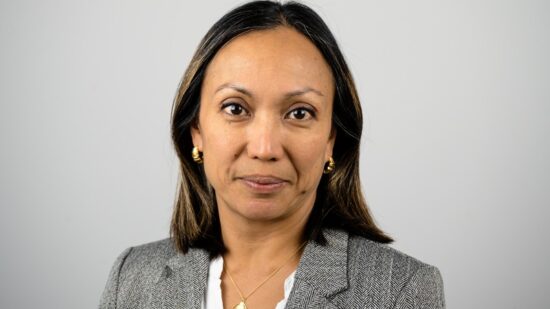In a report commissioned by the Association of Real Estate Funds (AREF), consultant John Forbes pointed the finger at investment platforms for creating problems for open-ended property funds.
He said the platforms had made it easy to “instantly” change investments across portfolios.
The report reviewed the behaviour of real-estate funds following the Brexit referendum in June 2016.
A number of property funds suspended trading in the days following the result as liquidity dried up in the face of a surge in withdrawals.
The report said platform technology “had the capacity” to make the market much more volatile as investors are increasingly able to make quick portfolio changes in response to market changes.
While the rise of platforms has “modernised” investments, the report stated: “The ability of intermediaries to be able to change investments across portfolios instantly has the possibility to create greatly increased volatility.
“In 2008 retail investors in funds tended to be more ‘sticky’ and move over weeks rather than immediately.”
Among the key issues with platforms is the lack of communication and education for investors reliant on daily dealing in the likes of equities and bonds.
Adrian Lowcock, investment director at Architas, said while demand for platforms had been driven by investors, platforms should do more to keep investors informed about the risks of investing in an illiquid fund.
“Do not blame investors because they want that flexibility,” he said.
“I think platforms have passed the responsibility to inform on to funds. They could have made more efforts to educate investors, and educate investors on the type of investment they are buying.”
Lines of communication for managers and their clients should also be improved following last June’s crisis according to Terry Huddart, market analysis manager at The Lang Cat
During the suspensions, Huddart said: “There were lots of frantic meetings; some dealt with it better than others.”
He added: “The key issue was around communications to clients and advisers in terms of what was happening in relation to the illiquid funds and the impact on model portfolios. Some people felt in the dark. The model portfolio functionality differs across platforms and this is where they can make a difference.”
However, and perhaps unsurprisingly, the platforms themselves take a different view.
Platforms offer more choice, lower costs and “exceptional service” according to Hargreaves Lansdown analyst Danny Cox.







